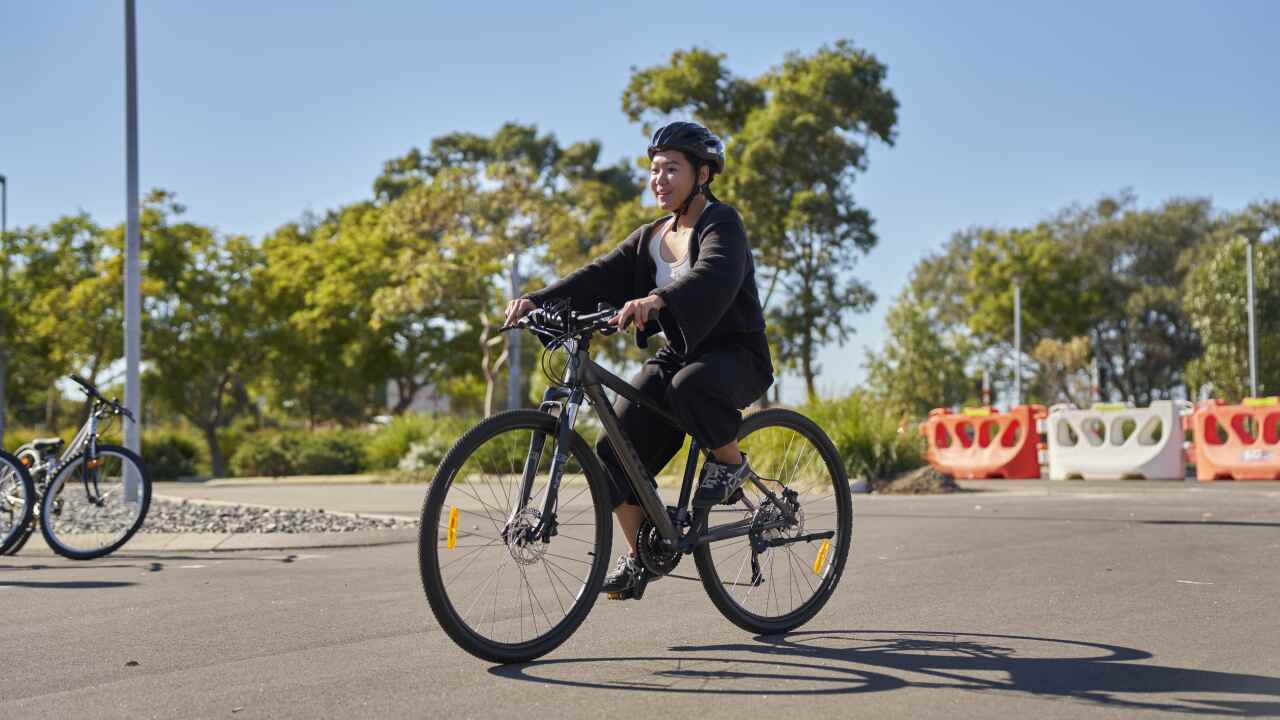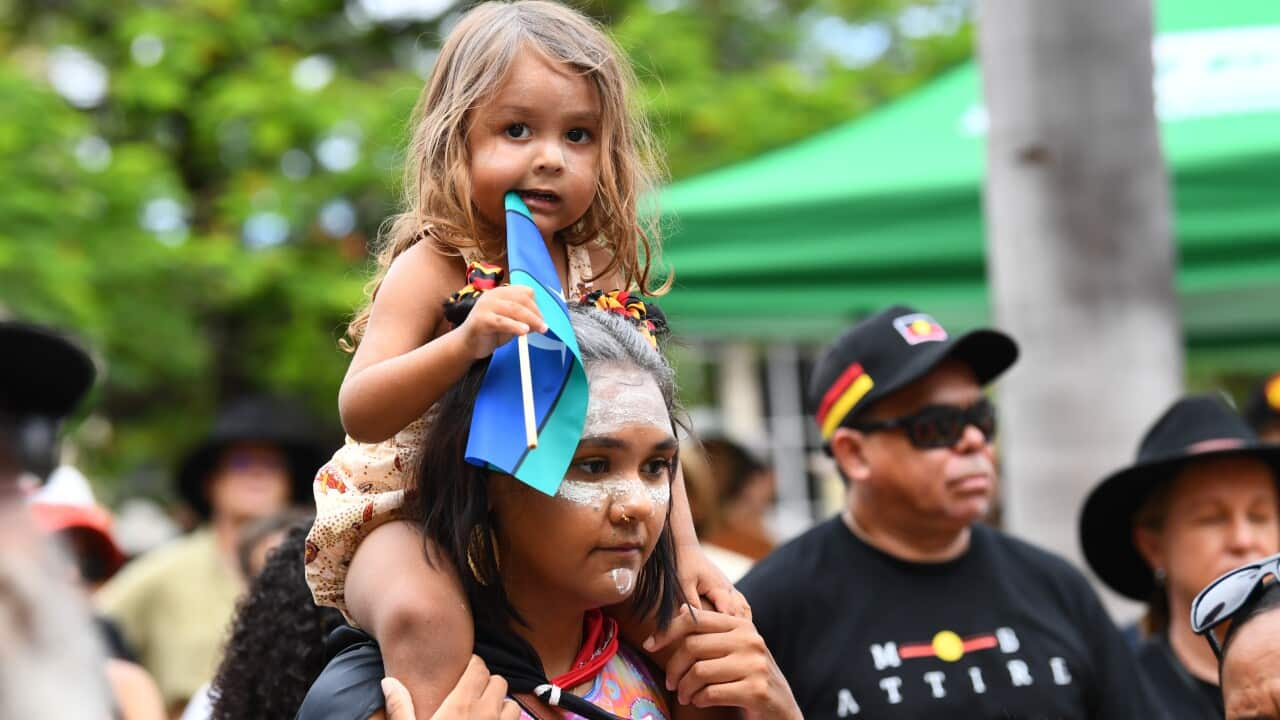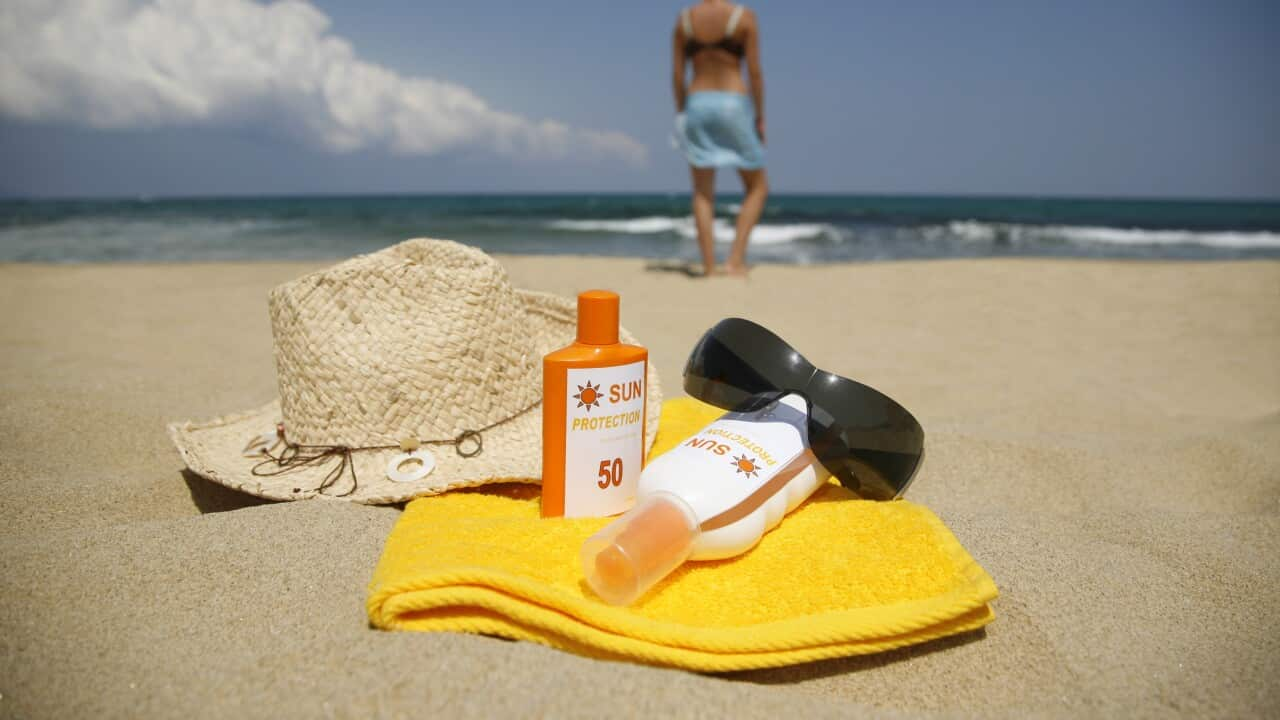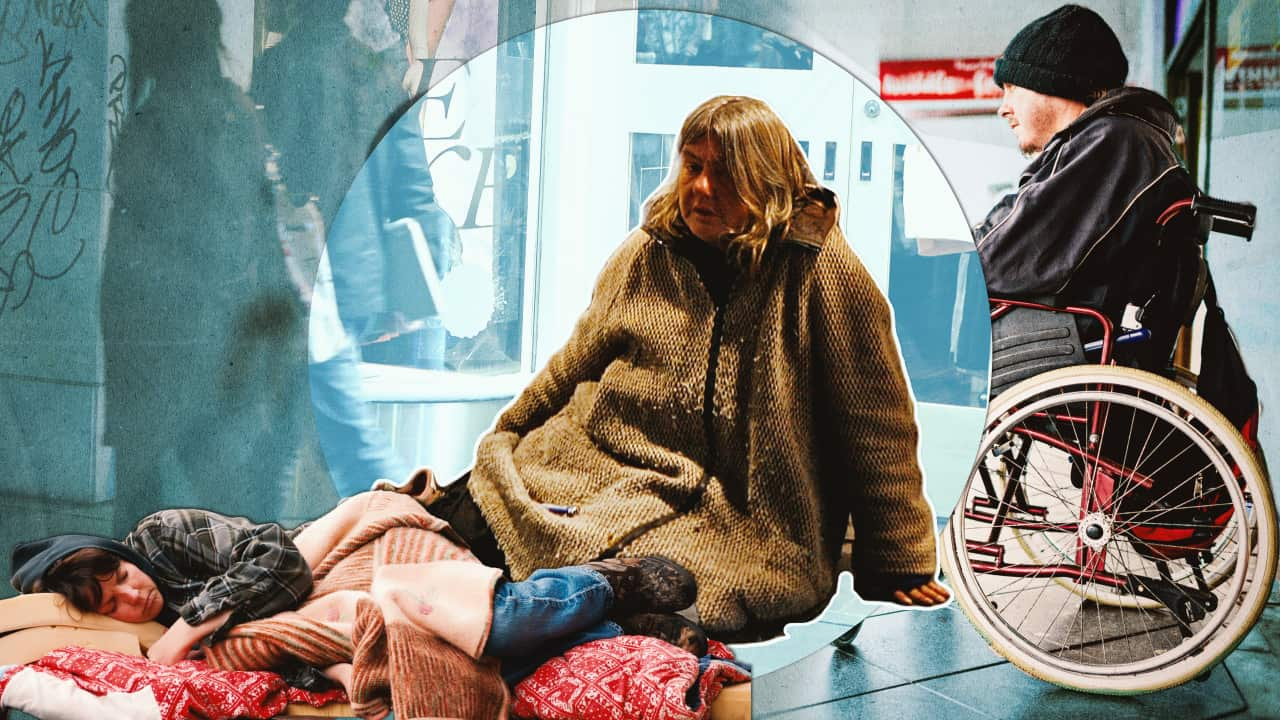Key Points
- Young people aged between 10 and 17 years make up 41 per cent of all victims of sexual assaults.
- Consent applies to interactions between people in relationships and those who are not in relationships.
- It's normal to have questions about consent. There are conversation guides available in 16 languages.
Warning: This content contains details about sexual assault that may be confronting or distressing.
Over 36,000 victims of sexual assault . Young people aged between 10 and 17 years make up 41 per cent of all victims of sexual assault, and young men aged between 15 and 19 years are the most common offenders.
These statistics reflect the real, often untold, stories of young people. While the numbers are alarming, they also remind us that there is an opportunity to do better—and we all have the power to make a difference.
In 2021, Chanel Contos posted on Instagram, asking people to share their experiences of sexual assault during their school years. This post unexpectedly went viral, and hundreds of people sent in stories describing behaviour that constitutes sexual assault.
None of these instances were reported; nearly all were by people they knew.
"We started talking about cases of sexual assault where boys we knew had sexually assaulted girls we knew. And in that process, we all shared our own stories of sexual assault. And I found out that the boy who sexually assaulted me had sexually assaulted a friend of mine a year later," Ms Contos recalls.
She is now globally known for her activism, pushing for comprehensive consent education in schools.
In 2021, she founded ,’ a not-for-profit organisation that aims to eradicate normalised sexual violence.
Ms Contos explains why it's essential for young people to have people who they trust and can talk to openly about what they encounter in their lives and to learn about sexual consent.
"I think that, from my experience and from the people I speak to, it feels very validating for people to be able to get that sort of thing off their chest and relieve that shame from themselves and have those conversations," she says.
Her story reminds us that change starts with conversation, and by addressing these issues openly, we can work toward a safer future for all.
But while most people agree that is important to discuss, many don't know where to start.

Education is critical to fostering respectful and healthy relationships. Credit: LumiNola/Getty Images
What is sexual consent?
Desiree Bensley has worked extensively on initiatives that promote gender equality and prevent sexual violence with .
She explains that sexual consent is an agreement between people to participate in a sexual act.
"Consent applies to interactions between people who are in relationships and to those who are not in relationships. We do not have rights or ownership over anybody else's body at any time, whether we have just met them, whether we don't know them at all, or whether we are in a relationship with them, including marriage," Ms Bensley says.
She adds that it's not just about a simple 'yes' or 'no' answer. There are five core concepts of consent.
Firstly, consent should be free and voluntary. Both people in a situation need to agree to participate freely and not be pressured in any way.
Secondly, consent should be clear and informed. This means to ensure sexual consent you should seek ongoing affirmation and approval of any sexual activity throughout the entire interaction.
Thirdly, consent should be active and communicated. This could be verbal or nonverbal, but importantly, it needs to be communicated. It can never be assumed.
Fourthly, consent should be ongoing and mutual. It can be removed at any time.
It's important to remember that just because one person has agreed to a sexual act, that doesn't mean that they agree to lots of different acts, or that they will even consent to the same thing again in the future.Desiree Bensley, Respect Victoria
Fifthly, the people involved must be able and capable. They also need to be able to make that decision safely. If somebody is asleep or under the influence of substances, like alcohol or drugs, they are not in a position to make a consensual decision.
Ms Bensley says that understanding these five core concepts of consent can help us improve our relationships.
"Consent should be a core part of any healthy relationship. [It’s about] learning how to set boundaries and expecting them to be understood and heard, and how to hear 'no' or any words or signs in body language that someone doesn't want to do something. That is critical to any safe and healthy relationship," She explains.

Consent is a set of skills that anyone can learn. Source: Moment RF / d3sign/Getty Images
Misconceptions around consent
Alex Cao is a Sydney-based criminal defence lawyer passionate about community education.
He says that throughout his years of experience, there has been a consistent need for education for new migrants who are less familiar with consent in Australia.
"A majority of my clients are immigrants. For instance, their understanding of relationship or marriage, [or] sexual relationship is very different from [our definition] here. Understanding of being too drunk to consent could be very limited. Understanding of reporting a potential sexual assault matter can be also culturally different," Mr Cao explains.
He refers to some misconceptions people commonly have about consent and how people react in different situations.
"One suggests trauma may affect people very differently, which means some people may show obvious signs of emotion or distress after being sexually assaulted, or some people may not," Mr Cao states.
The absence of emotion or distress does not necessarily mean a person is not telling the truth about being sexually assaulted.Alex Cao, Criminal Defence Lawyer
He adds, another common misconception is that you don't need to worry about consent if you are married or already in a relationship.
However, the fact is that non-consensual sexual behaviour can occur in various circumstances and between different kinds of people, including married couples and those already in relationships.
Consent isn't something that only happens in the heat of the moment; it's a set of skills that anyone can learn.
It's about empathy, communication, respecting boundaries, and dealing with rejection—all foundational to healthy relationships.
Ms Bensley encourages all adults to engage with the ‘’ campaign, one of the many resources the Government has made available to help adults better understand consent.
"If we don't know enough about consent or we don't feel confident in our understanding of consent, how can we expect our young people to, so this campaign tries to address that for adults with lots of great videos and resources," she says.
Normalising a culture of consent begins with education, which is critical to fostering respectful and healthy relationships.
Rand Faied is a family mentor, therapist, and mediator who works directly with multicultural families.
She recommends that adults take the initiative to understand consent to guide and support younger generations thoroughly.
"Parents, you will need to self-educate. Being educated yourself, finding the answers that you don't know is crucial and important. And don't be shy to tell your child, I don't know the answer for this question, but I'll find out and I'll come back to you. That gives them assurance, that gives them that safety, that shows them that mum or dad or both are here for me, and I can ask them about anything," Ms Faied says.
If you or someone you know is impacted by sexual assault or domestic or family violence, call on 1800 737 732 or on 13 11 14.
In partnership with the Australian Government.













